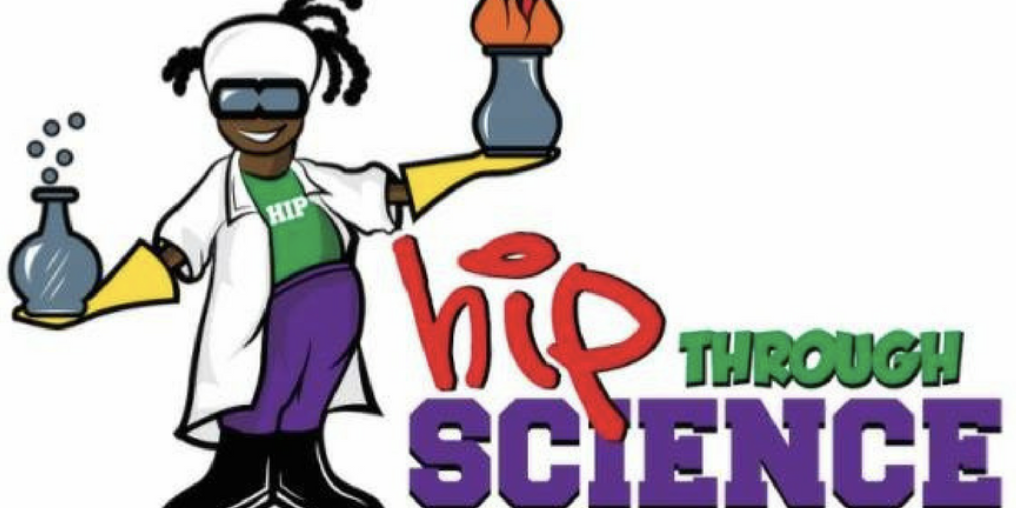BAKABERG Conversation on H.I.P. Through Science
BB: “Hello Dimitrios, how is it going”
DJ: “What’s up? Good, it’s going well.”
BB: “So let’s get right into it.”
DJ: “Okay.”
BB: “We’ve been following your nonprofit from the beginning, tell us about the organization today?”
DJ: “Yeah, The People of Change is a nonprofit organization in California. We serve the neighborhoods of South Los Angeles, Watts and Compton. We also have a HIP through Science program in my hometown, Rochester, NY.”
BB: “What is HIP Through Science?”
DJ: “H.I.P through Science is a science initiative to help increase the interest of science in the urban and undeserved communities. We do community building and learning through brief lectures and hands on experiments.”
BB: “Why did you come up with that idea?”
DJ: “The lessons are an attempt to influence more children to pursue science fields and learn how our everyday lives are influenced by science.”
BB: “What age groups and how many people are you serving?”
DJ: “H.I.P through Science is currently serving over 250 children grades K-12. We are doing amazing work in South Central Los Angeles. We are also in the process of expanding to Rochester, NY. We currently partner with the Watts Boys and Girls in Los Angeles California located n the Nickerson Gardens housing projects.”
BB: “What can kids expect by going through this program?”
DJ:“By attending the H.I.P Through Science program students can expect to have a free space to explore the worlds of science in a safe and “HIP” way. Student not only learn by lecture but [also through] hands on excitements and or labs every session.
BB: “Why is STEM so important for these communities?”
DJ: “STEM programs are very important in our underserved communities because statistically African Americans only make up 6% of the STEM field jobs, Latinos only make up 7% yet our current economy and society is driven by the STEM field. Many STEM programs are easily assessable in other communities, it is widely known that affluent people have more access to resources in a way that black and brown students do not. Additionally, our research has shown us that affluent communities have dynamic STEM themed academies and programs that our children simply do not. This is not purely a career need, it’s also one of academic enrichment and quality of life. We must get our kids exposed andinterested then stress the importance.”
BB: “What are some of your biggest challenges within the program?”
DJ: “Some of the biggest challenges with this program is the need outweighs the availability of helping hands. Connecting with parents and getting them to see the importance of supporting their kids with STEM studies. Also, age approach we have a large number of kids in our program from different age ranges generally taught at the same time due to lack of helping hands so we have to teach at levels that are appealing to all.”
BB: “Did you pursue a career in STEM?”
DJ: “I did not pursue a STEM career after college but while in college my first three years were STEM-focused (pre-med and geology). I ended up switching [majors] due to an inability to relate and access a sound support system. Often I’d look around in class and see no one that looks like me or who came from an environment that’s like mine. Also on several occurrences, no one wanted to be a lab partner more than one time, I had to partner up with the teacher. When I was a geology major I was the only person of colour in the whole major. This really impacted my level of comfort, as I didn’t feel I belong. I ended up switching to sociology and African American studies as a double major. I aspire to get more persons of colour through that door if they would like to walk through with ease.”
BB: “What do you think might’ve been different if you were encouraged to pursue a STEM career?”
DJ: “If I was encouraged, well more or less knew of or seen more people who willing to help with physics level 2 and my geochemistry class in most likely [I] would have stayed in either of those majors.”
BB: “How can people support this initiative?”
DJ: “People can support by adding us on our social media platforms, donating to our programs or volunteer at one of our science lessons”
BB: Is there anything else you’d like people to know?”
DJ: “Where administering surveys and the results show us that our students are engaged. There are definitely more interested [in STEM] and are relating it to their experiences.”
Dimitrios Jones is the Executive Director of The People of Change. The People of Change is a nonprofit based out of Los Angeles California.
The People of Change’s Mission statement:
The people of change are a collection of likeminded individuals who desire to see a change in their environment and the world.
It is our mission to help those less served and to help improve the quality of life of each individual through advancement in education, income, cultural awareness and health.


Great content! Super high-quality! Keep it up! 🙂